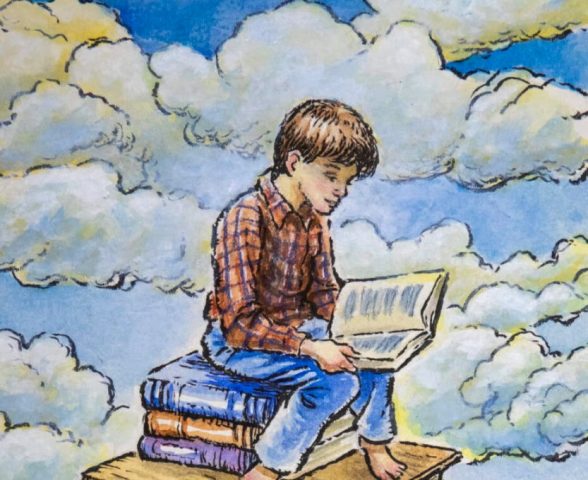Last September, professors at elite American colleges finally began to admit what has been apparent for the last dozen years: Their students cannot read. No, they are not illiterate. But they cannot read books, at least not the kind of dense and nourishing fare that once constituted the curriculum for entering freshmen. Their response to this discovery has been to stop teaching them. Professor Andrew Delbanco at Columbia removed Moby Dick to accommodate his students’ inability. Professor Victoria Kahn at Berkeley now requires only excerpts from the Iliad rather than the whole thing. Georgetown English Department Chair Professor Daniel Shore finds his students struggle to focus on the entirety of a fourteen-line sonnet.
A year later, the situation is worse. Lest one dismiss the problem as perennial griping about the imagined decline of our youth, students themselves now confirm the accuracy of their elders’ descriptions. An intelligent student at Dartmouth recently wrote an essay titled “Yes, College Students Can’t Read Good.” For him, this is not a source of shame but rather pride. Because he thinks his generation simply could not make it through the typical readings for a course in 1990, he knows that earlier generations were simply faking their comprehension in order to maintain the appearance of being serious readers. To admit otherwise would be to admit decline, or worse, intergenerational inequality — with his generation being on the short end of the stick. He concludes instead that “serious reading has never, actually, been a popular activity.” His generation has simply abandoned the concern with false appearances. They are more honest. This makes them better. Faith in progress and their own goodness is preserved. ….







